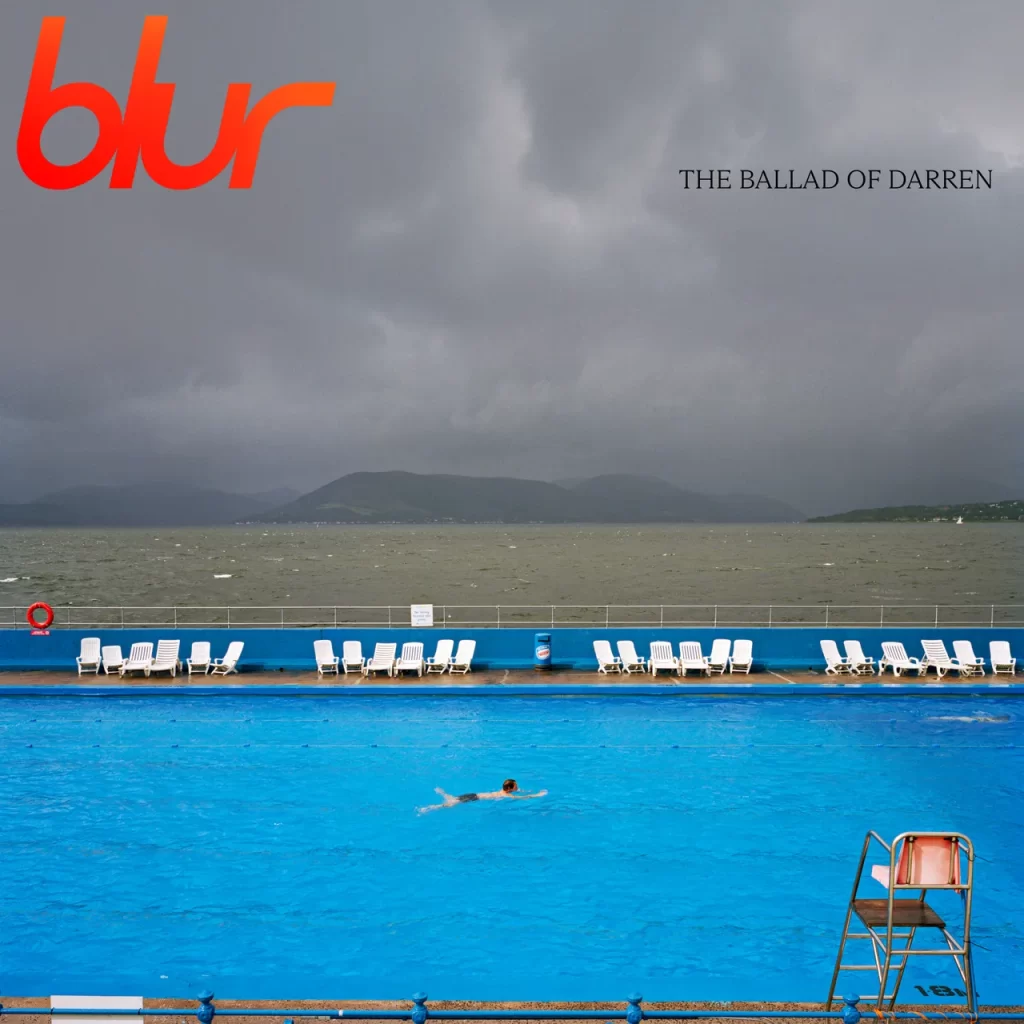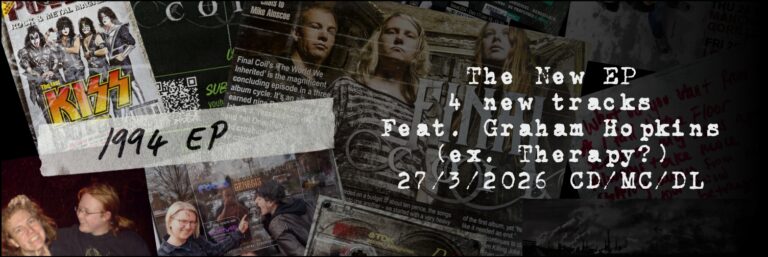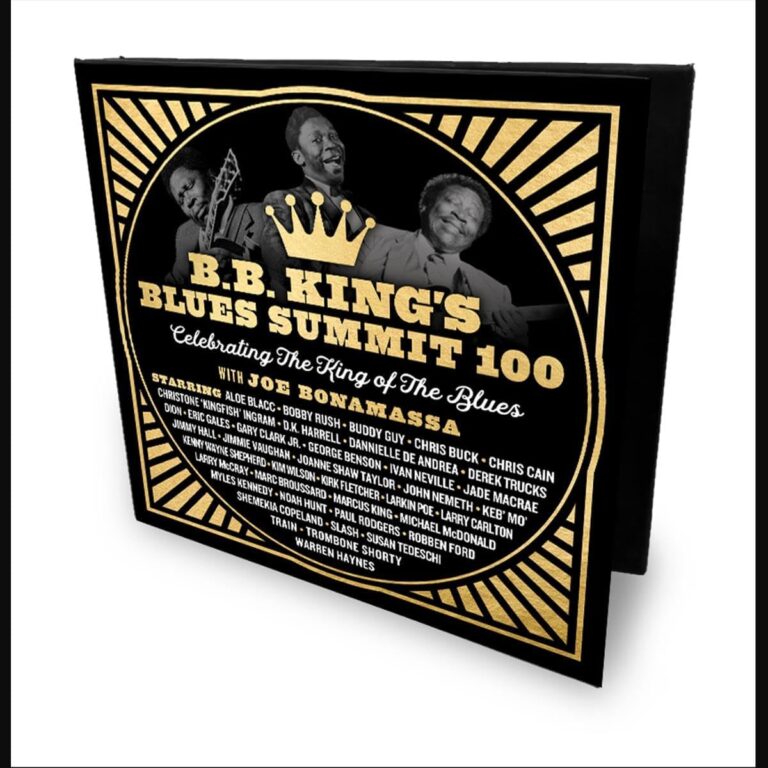
The surprise announcement of a new Blur album, some eight years after the equally surprising Magic Whip, coincided with the announcement that the band would headline Wembley Stadium. The shows, which sold out and met with a rapturous reception from fans and critics alike, were emotional affairs, reminding us of Blur’s remarkable ability to draw a diverse audience of punks, rockers, mods, and indie kids into a unique world populated by disco dancing teenagers, beer drinking wastrels and grungy, heart-broken noise rockers.
While the Blur of Magic Whip was somewhat whimsical, the Blur of The Ballad of Darren are in a more nostalgic frame of mind, drawing a line between the quieter moments of Park Life and the introspection of 13, although there’s still space for punkier fare – something largely absent from Magic Whip. The album opens with The Ballad, a slow-burning piece that sees Daman staring off into the distance, lost in a haze of regret. In contrast, the spiky Bowie-isms of St Charles Square opens with the compelling statement “I fucked up, I’m not the first to do it”, over a clattering soundtrack that’s part It’s No Game (No. 1) (from Scary Monsters), part Bugman in the chain of inspiration. A very different track, with an electronic undercurrent, Barbaric sideslips into the sonic territory currently occupied by the Manic Street Preachers, as the band deploy a sort of gentle melancholy, juxtaposed with upbeat rhythms and shimmering guitars. Next up, the airy Russian Strings nods to the underrated Think Tank with its lazy rhythm and layered backing vocals, while The Everglades (For Leonard) opts for a simpler, acoustic sound that drifts along dreamily for the song’s sub-three-minute runtime, with only subtle electronica fleshing out the sound. The first half concludes with lead single, The Narcissist, which moves from free-flowing pop ditty to explosive noise assault, something we haven’t heard from Blur since the schizophrenic 13’s landed. It’s a brilliant example of Blur’s ability to sneak subversive elements into the mainstream, something that Trim Trab neatly demonstrated during the band’s recent Wembley showings.
Opening the second side, we get the Kraftwerk-influenced Goodbye Alert, which pairs Graham Coxon’s liquid guitars with throbbing synth patches and another Bowie-esque vocal from Albarn. With a title that nods in the direction of Damon’s Gorrilaz project, Far Away Island is a strangely whimsical number, the woozy piano and strangely detuned guitar giving the impression of a record player slowly running down. In contrast, Avalonreturns to Bowie, this time via Parklife, for a track that veers between the horn-soaked verses and a stabbing, glam rock chorus riven with paranoia. The superficially simple The Heights finds itself bolstered by Graham’s surprisingly chunky guitars, mixed relatively low for the most part, only to emerge at the song’s conclusion, obscuring the wistful melody beneath a layer of fizzing noise. Somewhat surprisingly, it’s followed by the sprightly indie-rock of The Rabbi, a track that sees graham Coxon indulging in Earl Slick guitar moves over Dave Rowntree’s taut beat. The album closes with the tender-hearted ruminations of The Swan, a track that sees Damon plaintively asking “what do you really want from me? What do you really need?” as strings swell behind him in an unaffected crescendo that is utterly heart breaking.
Damon has admitted to feeling “lost” during the writing of The Ballad of Darren, and there is a sense of creeping loneliness that runs through the album, the aftershock of the pandemic and the loss of various friends clearly preying on his mind. Yet, despite the melancholy, there’s also hope, and whenever the lyrics threaten to overwhelm, Graham is on hand, a manic glint in his eye and a fizzing guitar riff already waiting, the album flowing beautifully as a result. The understated Magic Whip was a hugely enjoyable album and, in many ways, we were just happy to have anything from Blur after so lengthy an absence. However, The Ballad of Darren is the better album, offering a greater diversity, and more than a few nods to the Blur who, some thirty years ago, were fabled for playing chaotic gigs that ended in mini-riots. A band who have grown alongside their audience, as the Wembley shows so clearly highlighted, Blur remain a far artier proposition than many realise. 8.5/10



